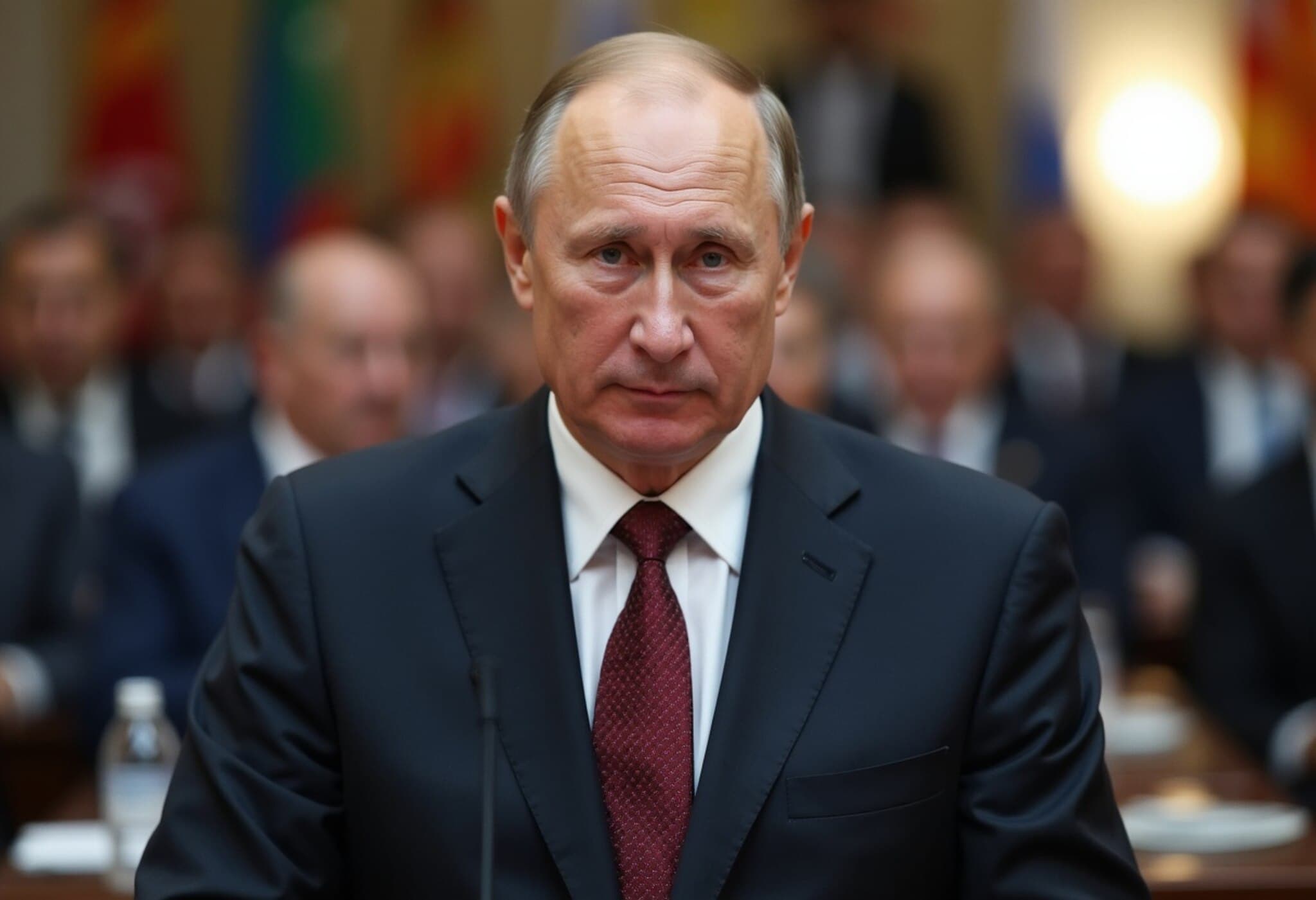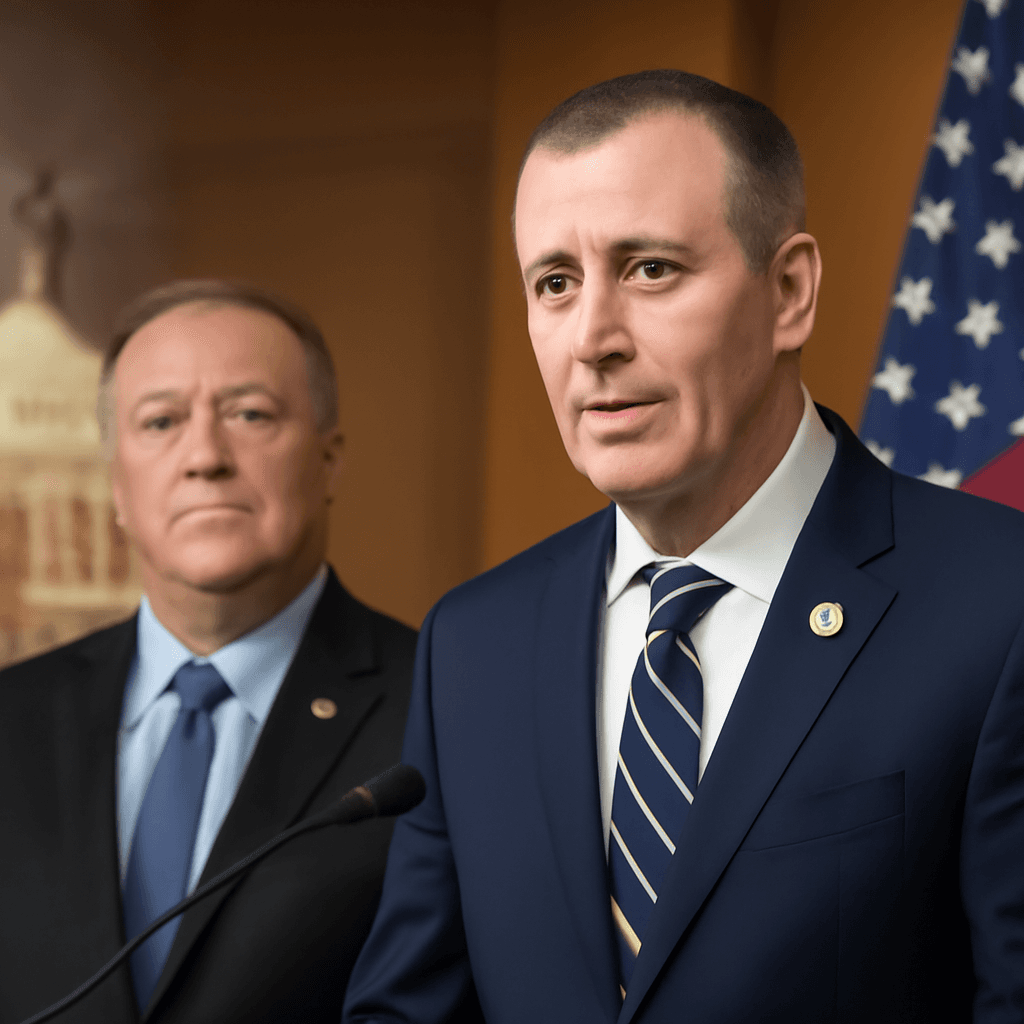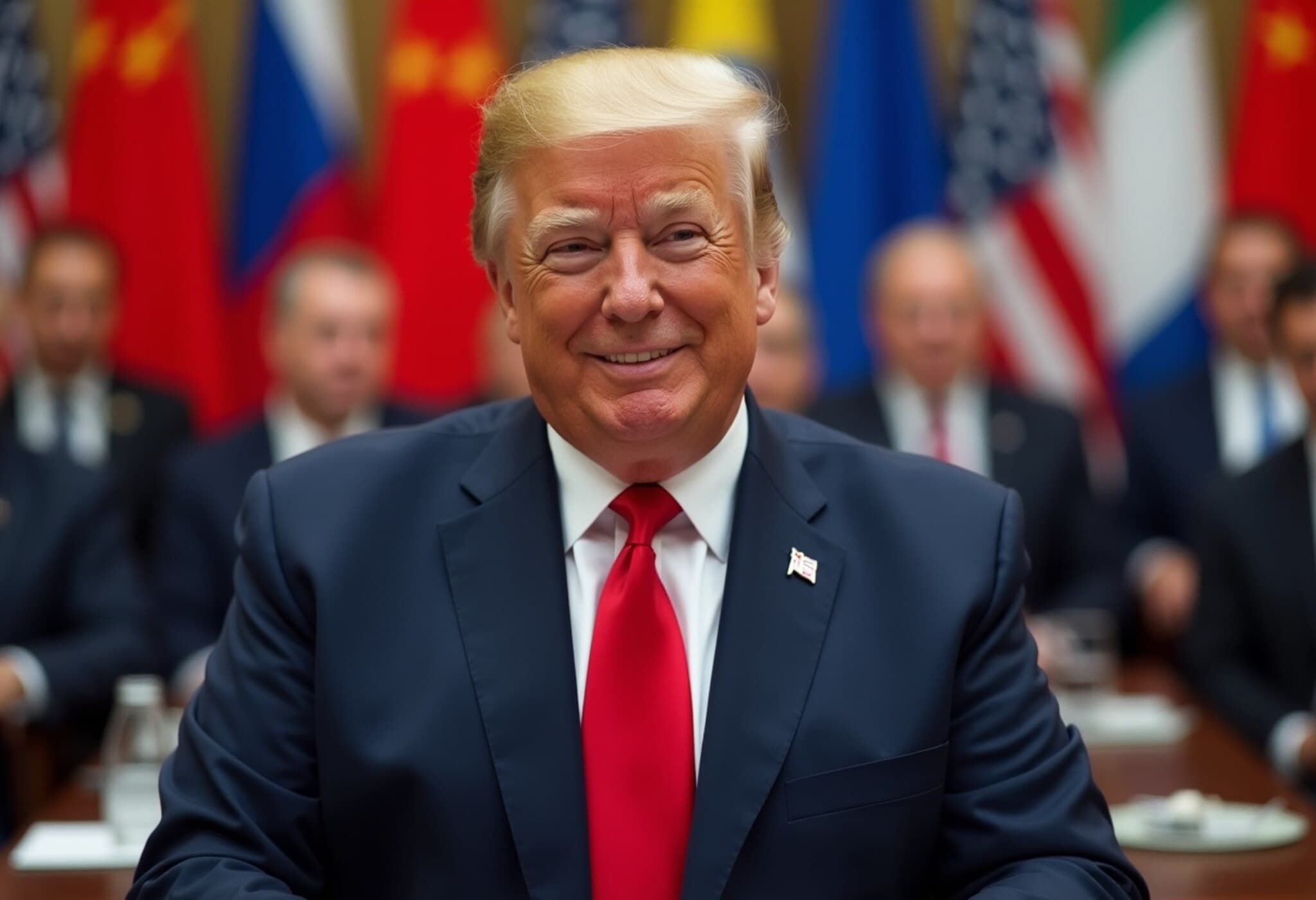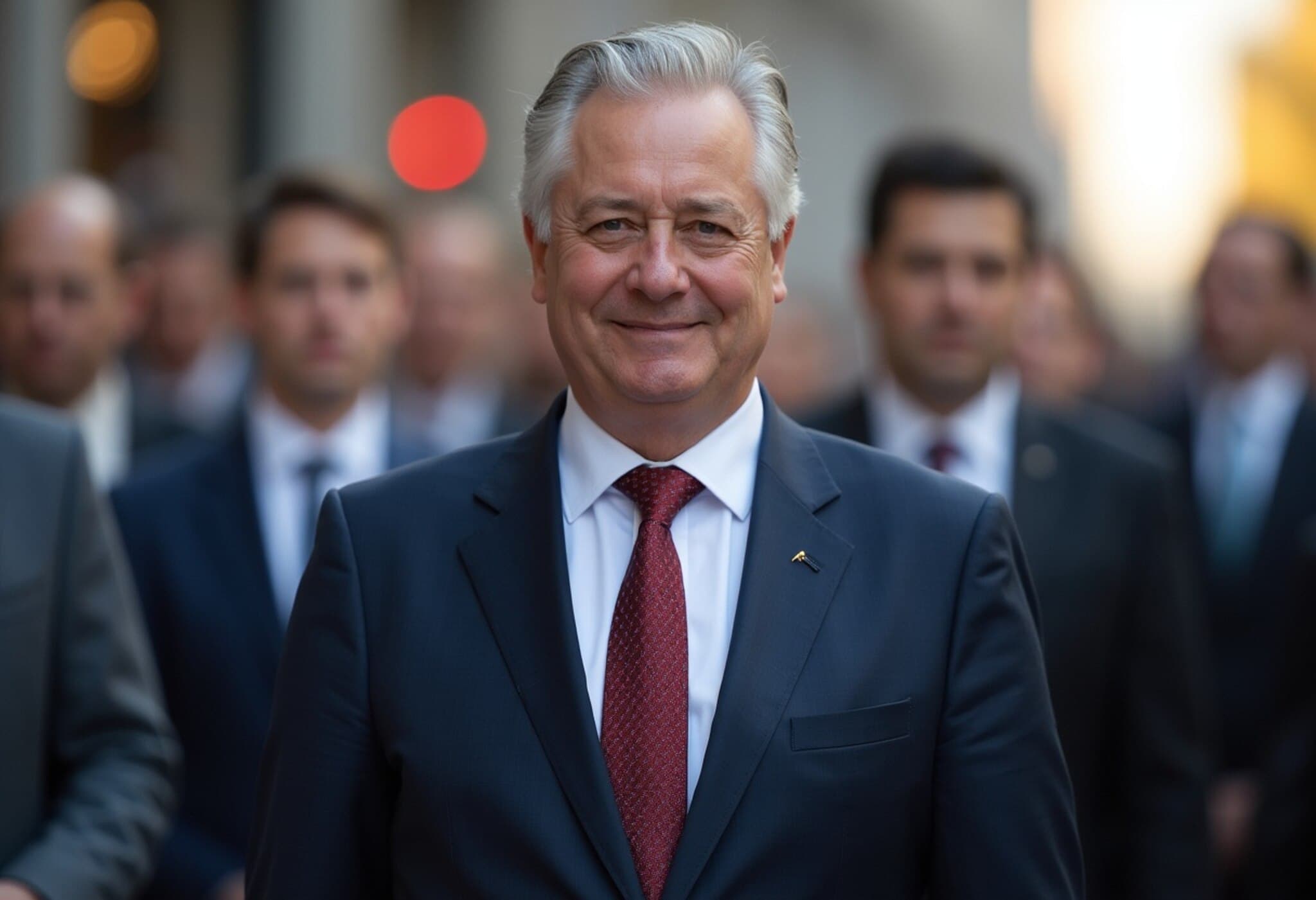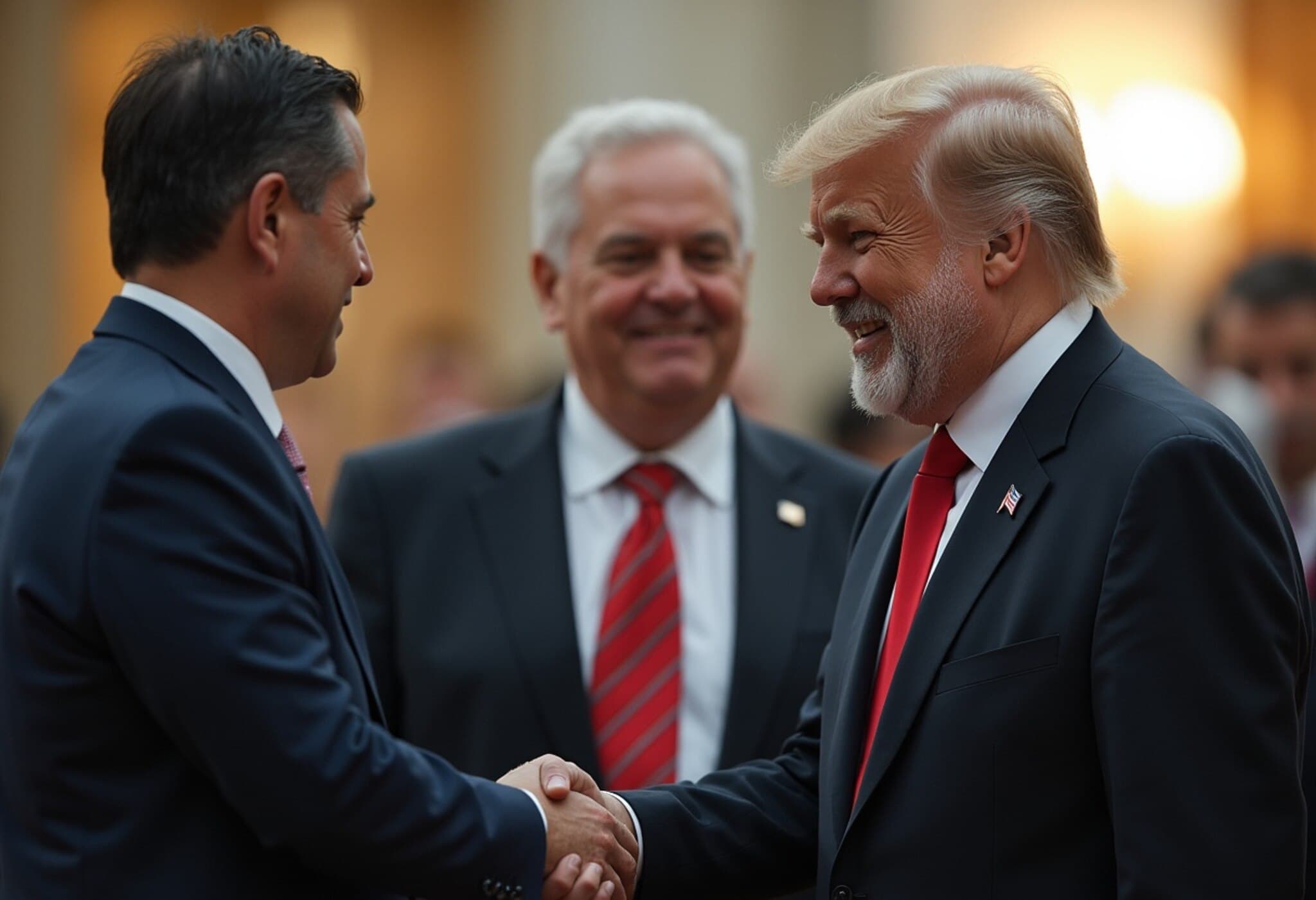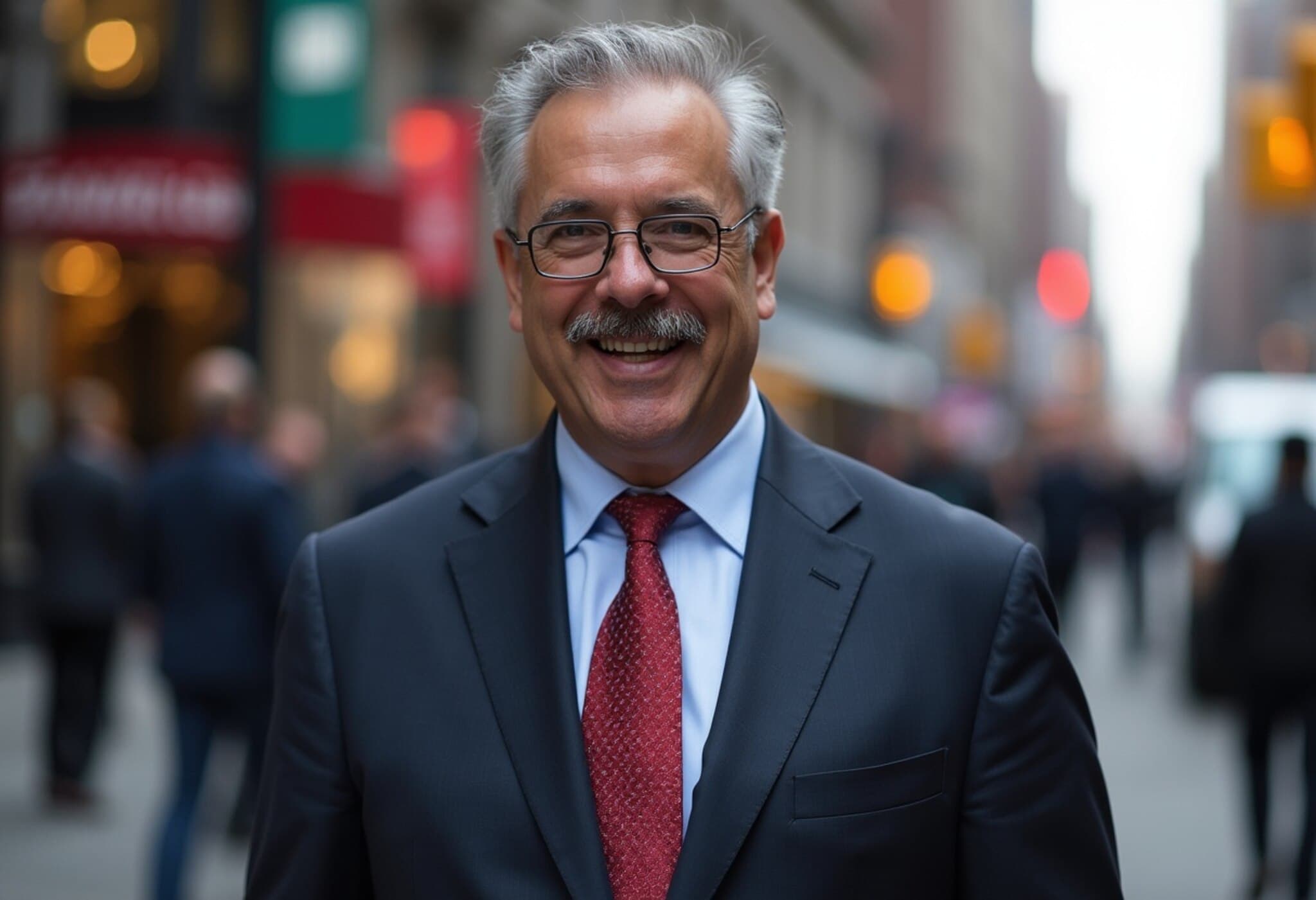Putin’s Alleged Secret Daughter Reemerges to Criticize Kremlin
Elizaveta Krivonogikh, also known by the pseudonym Luiza Rozova and widely believed to be the secret daughter of Russian President Vladimir Putin, has broken her silence with a series of emotional and cryptic messages condemning the Kremlin. At just 22 years old, Krivonogikh’s resurfacing online has sparked a wave of intrigue and raised new questions about the private life and legacy of Russia’s most powerful leader.
A Difficult Past Comes to Light
Krivonogikh, born on March 3, 2003, in St. Petersburg, had often avoided public attention previously, rarely showing her face on social media. Early reports suggested she was the product of an affair between Putin and Svetlana Krivonogikh, her mother, who worked as a cleaner before suddenly acquiring significant wealth following Elizaveta’s birth. This claim was originally spotlighted by the investigative outlet Proekt in 2020 and has been widely discussed in independent media.
Recently, though, Elizaveta has started posting full photographs on her channels and sharing poignant reflections. “The man who took millions of lives and destroyed mine,” she wrote, apparently referencing Putin. Her words convey both personal anguish and a political repudiation of the president’s actions, especially against the backdrop of Russia’s controversial invasion of Ukraine.
From Glamour to Activism
Before going dark just prior to the war in Ukraine, Luiza’s social media curated an image of luxury and privilege—private jet flights, DJ performances at exclusive clubs, and high-end fashion. But her recent online persona sharply contrasts this former lifestyle. Now living in Paris, she has distanced herself from ostentation, focusing instead on anti-war activism and artistic expression.
Having graduated from the ICART School of Cultural and Art Management in June 2024, she works at two Parisian art galleries, L Galerie in Belleville and Espace Albatros in Montreuil, venues reputed for hosting exhibitions against the war. In these roles, she helps organize exhibitions and produce videos, using the name Elizaveta Rudnova—likely a strategic move to protect her privacy and possibly to allude to Oleg Rudnov, an associate of Putin.
Controversy Within Dissident Circles
Her presence in art spaces associated with Russian dissidents has been fraught with tension. Artist Nastya Rodionova, who left Russia in 2022, publicly severed connections with the galleries over Krivonogikh’s involvement, arguing that victims of the war should not have to share spaces with anyone linked to Putin, regardless of their claimed personal disavowal.
In response, Dmitry Dolinsky, director of L Association which runs the galleries, remarked, “She looks like Putin, but so do 100,000 other people. I haven’t seen a DNA test.” Other gallery employees defend her character and professionalism, describing her as cultured and hardworking.
Implications for Russia’s Political Landscape
While Elizaveta Krivonogikh’s exact relationship with Vladimir Putin remains officially unconfirmed, her vocal criticism adds a rarely heard personal dimension to the opaque world surrounding the Russian president. The intersection of family secrecy, wealth accumulation, and political power raises critical questions about Putin’s private conduct and the cost borne by those close to him.
This story also sheds light on the broader human impact of Russia’s geopolitical decisions, illustrating how even those allegedly connected to the regime wrestle with the consequences of its policies.
Editor’s Note
Elizaveta Krivonogikh’s emergence from the shadows challenges the familiar narratives about Vladimir Putin and the inner workings of his regime. Her candid expressions of pain and defiance highlight the complex intersections of personal identity and authoritarian power, reminding us that behind the grand political machinations lie deeply human stories. As more information comes to light, watching how this narrative unfolds may provide rare insights into the Kremlin’s secretive elite.
Moreover, Krivonogikh’s turn towards activism and the arts in Paris reflects a broader trend among dissidents and exiles seeking to reclaim their voices against oppressive regimes. While controversy within dissident communities underscores the painful divisions born of conflict, it also points to the challenging terrain of reconciliation and resistance in turbulent times.











